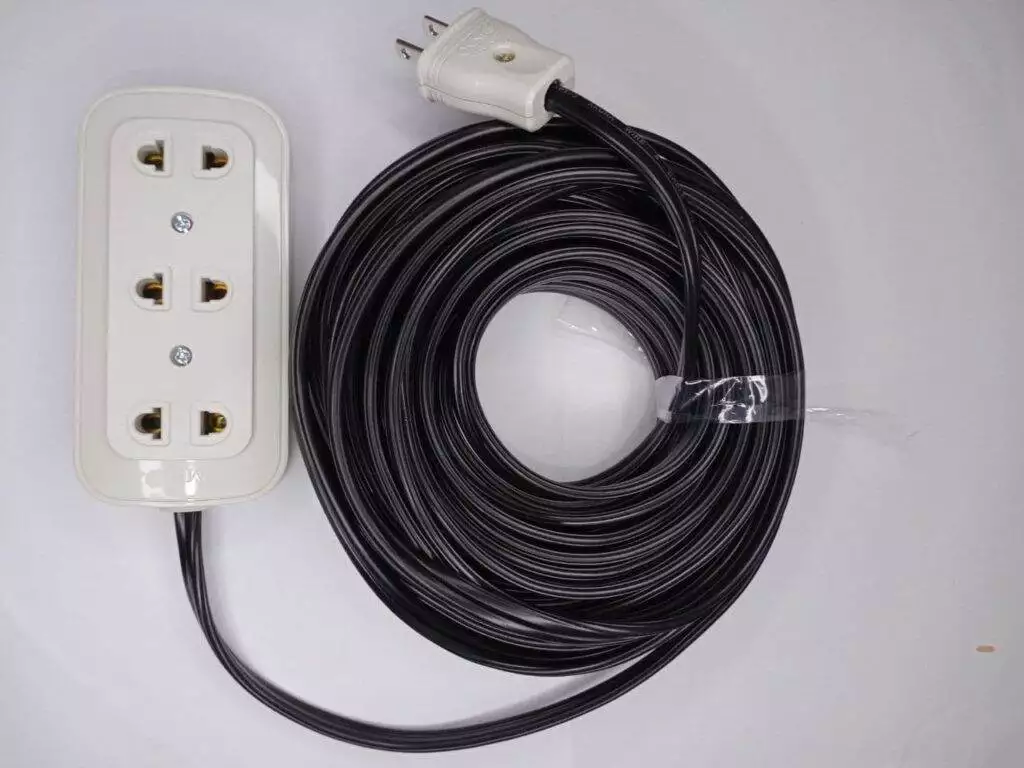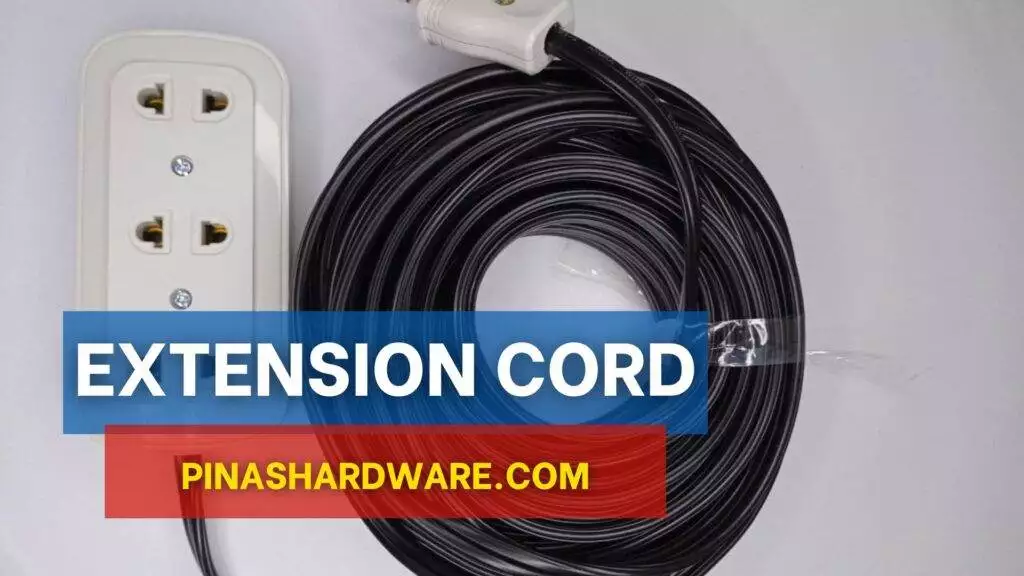An electrical cable that is flexible and has outlets or plugs on one end is called an extension cord. The purpose of it is to increase the distance that electrical appliances or devices can be powered by. The gauge and length of extension cords vary, as does their ability to support different electrical loads. They give you flexibility in where to put tools or appliances, so you can use them farther away from power outlets. Consequently, proper usage and inspection are essential for safety as improper or overuse of extension cords can present safety risks, such as electrical shocks and fire risks.
Extension Cord Prices
Extension cord prices vary depending on its brand, rated voltage, and length. Its price ranges from ₱74.00 to ₱350.00.
| Details | Rated Voltage | Length | Prices |
| WeHome | 250 V | 1 meter | ₱74.00 |
| WeHome | 250 V | 10 meters | ₱195.00 |
| WeHome | 250 V | 20 meters | ₱259.00 |
| WeHome | 250 V | 30 meters | ₱350.00 |
| Zeus | 220 V | 1.8 meters | ₱122.00 |
| Ulife | 220 V | 5 meters | ₱102.50 |
| SLM | 250 V | 5 meters | ₱122.00 |

Advantages of Extension Cord
Convenience – By allowing for flexible device positioning, extension cords make it possible to use electrical devices farther away from power outlets.
Cost-Effectiveness – Extension cords are a cost-effective solution for sporadic power needs because they are typically less expensive than adding extra electrical outlets.
Ease of Use – No special skills or tools are needed to install or operate an extension cord.
Accessibility – They offer power in places where outlets might not be easily accessible, like building sites or outdoor gatherings.
Temporary Solutions – When permanent wiring installations are not possible or are not practical, extension cords provide a temporary power solution.
Disadvantages of Extension Cord
Tripping Hazard – Extension cords strewn across floors or walkways present a tripping hazard that can cause mishaps and injuries, particularly if they are not correctly marked or fastened.
Overloading – There is a greater chance of overloading the circuit when numerous appliances or devices are connected to a single extension cord or when multiple extension cords are daisy-chained together. This can result in overheating, fire risks, or damage to electrical equipment.
Voltage Drop – Devices connected to longer extension cords or cords with insufficient wire gauges may experience voltage drop, which could lead to decreased electrical efficiency and possible damage to devices, especially those that are susceptible to voltage fluctuations.
Wear and Tear – When extension cords are bent, twisted, or pinched repeatedly, they can deteriorate the insulation and conductors, increasing the risk of electrical shorts, shocks, or fires.
Video about Extension Cord
FAQs
When is the right time to use an extension cord?
When electrical devices need more reach or the existing power outlets are not in a convenient location, extension cords come in handy. They are frequently employed for a variety of purposes both indoors and outdoors.
How can I select the appropriate extension cord?
Take into account variables like intended use, wire gauge, and length of the cord. Choose extension cables that are rated for the right voltage, current, and surroundings, and don’t use them more than they can handle.
Can I use extension cords outdoors?
Sure, but only when using extension cords made specifically for outdoor use. Outdoor extension cords are made to withstand exposure to moisture, sunlight, and fluctuations in temperature to reduce the risk of damage and electrical hazards.
Is daisy-chaining extension cords safe to do?
No, it is not advised to daisy-chain multiple extension cords because this raises the possibility of overloading the circuit, overheating, and fire hazards. Use a single, appropriately sized extension cord in its place, and if more is required, think about adding more outlets.
Are extension cords suitable for long-term installations?
No, extension cords are not meant to be used permanently because they may present safety risks and are not made to withstand a constant load. It is recommended to use fixed wiring and outlets installed by a qualified electrician for permanent installations.

